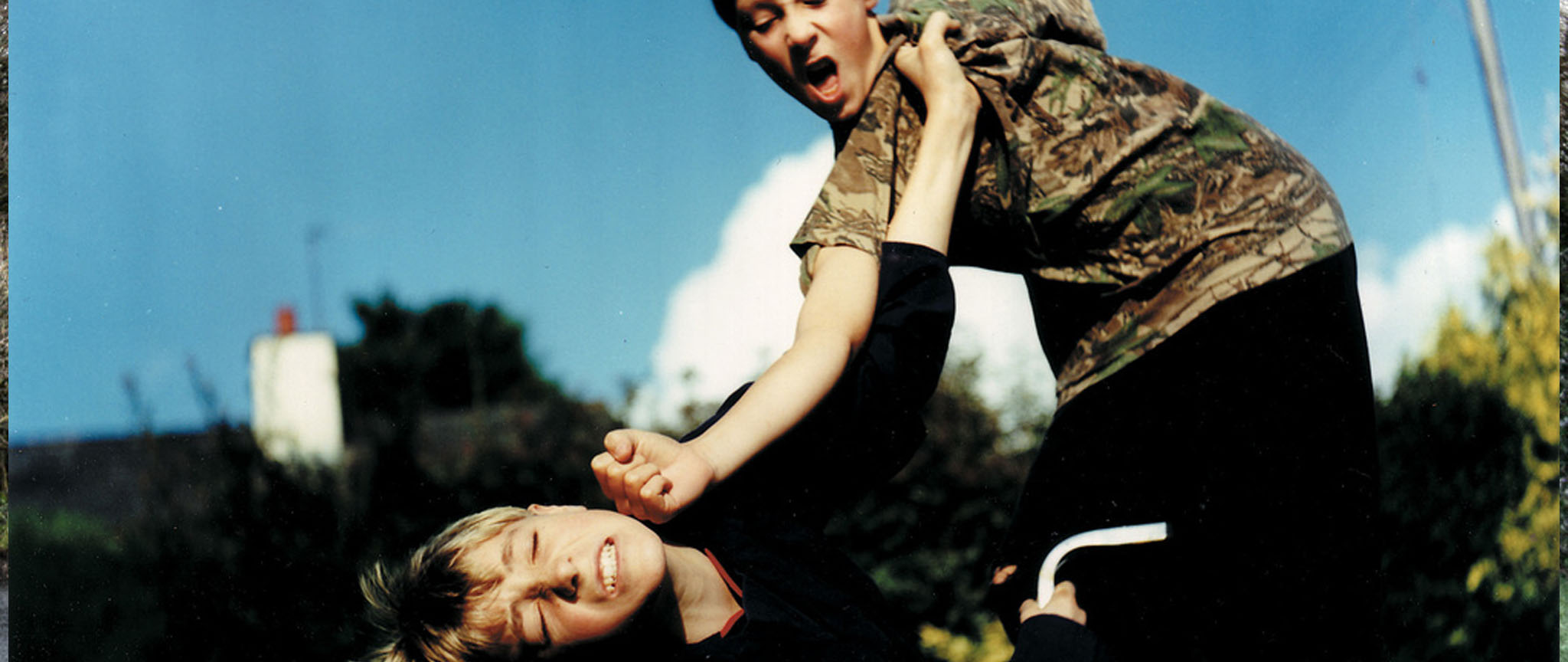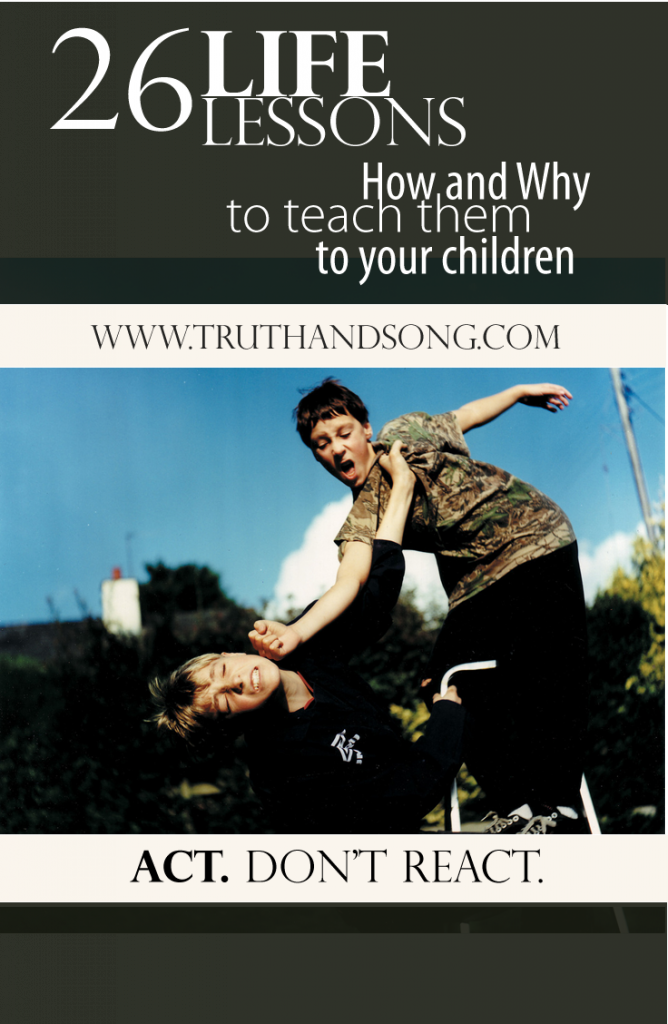“Act. Don’t react.” It seemed too late to teach that life lesson to their daughter now. Sitting down to talk with their daughter was always stressful. She had never been taught how to act in the heat of the moment. She just reacted. Her father sat down to discuss with her some things they would like to change as a family. Two sentences into the discussion and their daughter gets up, accuses the parents of an assundry of things and walks out; slamming the door behind her. Talking to her parents was not her only problem. She also had trouble keeping a job, a roommate, a good repore with her teachers and close relationships. She just reacted according to how she felt at the time. She didn’t have a game plan, and she didn’t know how to stick to one when it was given to her. Why? Because she hadn’t learned the skills as a child. She can learn them as an adult, but it will be much harder and the costs will be much deeper.
What does it mean to act or react?
- Acting is a conscious or pre-meditated choice.
- Re-acting is a habitual response to a certain stimuli
It’s easier to assign blame than it is to “esteem others better than ourselves” and stick through a situation.
I talked about assigning blame in the last post, but I want to focus on it from the perspective of how it looks in the thick of things.
What does assigning blame look like?
- When we are in most confrontations, usually we feel justified in our side of the argument if we did not cause it. Because we did not “hit first,” “steal first,” “say the first mean thing.“
- When we hear the words, “It’s not my fault” in our heart and mind.
- When someone says, “How did this happen?” Our pride rises up and we think, “Well, you are the one who...” before we ever consider what part we may have had.
What do proper acts & choices look like?
- Think, “What is the right thing for me to do?”
- Can I be humble?
- Can I choose peace?
- Can I find anything I did wrong and apologize for it? Even if I feel they did something worse?
- Can I respond humbly with a kind voice?
- Can I forgive? Even if they don’t apologize?
- Can I graciously walk away to pray or seek help?
- If they might hurt me when I do what is right, can I still do what is right?
How do I teach my child to act and not react?
Give the child a plan.
Boy did I mess up when I first started giving my children “a plan.” I started with Step Two of the plan and for years I told them “Walk away!” That created a brood of tattlers. Now I am having to retrain and when they come and “Ask for help.” I have to say, “Did you talk to them nicely about it first.” So, below are the steps we now use. If you have something you’ve developed that works, I’d love to hear about it in the comments. Romans 12:10-21 is ideal for confrontation. If you can read this to them during regular devotions and teach them that vengeance belongs to the Lord and that humility and goodness are the tools of the Christian, that will go a long way into their adult life.
In our home, our plan to deal with conflict is a five step plan.
- Ask the other person to correct what they are doing. “Stop, please.” “Could you give me that back, please.” “Excuse me. I need to get through.” (Prov. 15:1, Romans 12:16, Prov. 14:29, Ecc 7:9)
- Walk away quickly from the situation if the other person does not have a nice response. (Romans 12:17)
- Ask for help. This teaches them later on that they need to pray about unresolved conflict. (Romans 12:18)
- The adult justly hears the all sides of the case (including witnesses) and decides actions and consequences. (Romans 12:19)
- Restore fellowship. (Colossians 3:13, Romans 12:21)
Hold them accountable for their part in the five steps.
- Conflict eventually happens. We parents have plenty of opportunities to teach this lesson.
- When I hear the natives getting restless, I will often perk up and remind them of the needed step. “Walk away! Remember to walk away!”
- When it is Step #4: The Intervention, I try to remind them again of the proper steps that are to be taken.
- Consequences are given to any parties that did not follow the correct plan. This is where the whole “assigning blame” comes in. Everyone is accountable for their own choice. Show them that if both parties had done Step #1 correctly, than no one would have had any bad consequences.
- Follow through and correct any bad attitudes toward each other. Give hugs. Apologize. Give new instructions for how to take turns, or whatever is needed.
Have some fun with it.
A little bit of humor is always good. Sometimes when someone comes and tattles or blames I will say, “Hmmmm. If that happened to me, what should I do?” I proceed to do all the outlandish things they do, just as they would do it. I whine. I tattle. I pout. I cast my eyes down with anger. I cry oh-so-loudly about the unfairness of it all. They laugh. They see it for what it is. They get it. It gives a great reference point for later when they do it themselves and I start to laugh at them.
There you have it.
- What assigning blame looks like.
- What proper acts & choices look like.
- How to teach your child to act, not react.
- by – Giving the child a plan. Holding them accountable. Having a little fun with it.
If you enjoyed this article, please share and/or pin it.
See you next time.
Did you miss the other Life Lessons in this series?
Check them out and share them with your friends.
Find them here: 26 Life Lessons



Leave A Comment
You must be logged in to post a comment.